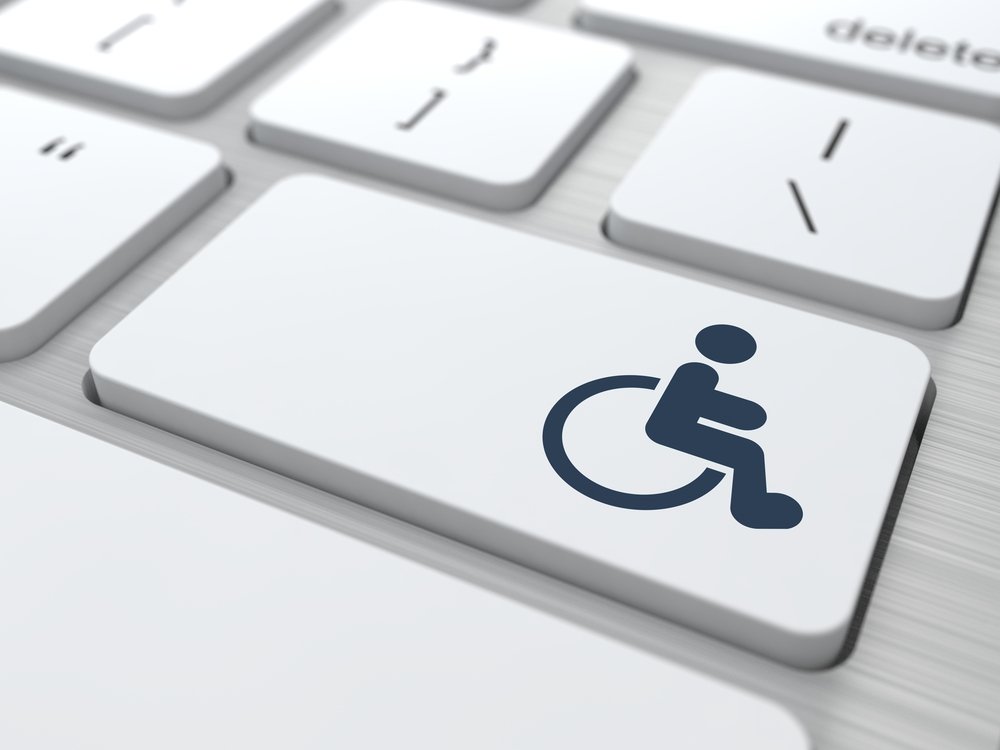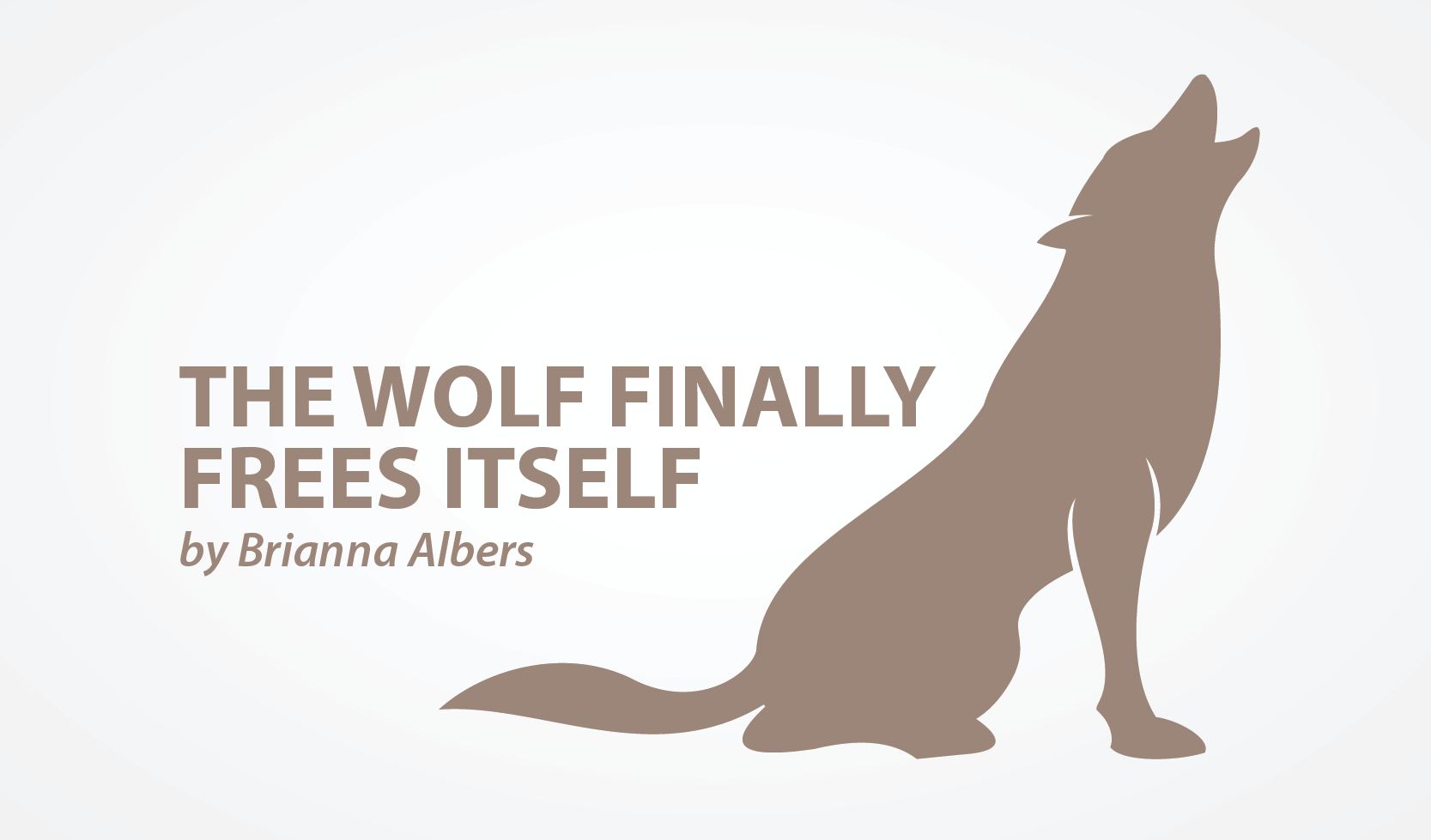Disabled and Proud of My ‘Cyborg’ Self
Written by |


Game developers will never embrace accessibility — unless they realize how much the medium means to disabled people. So, continuing with the theme of last week’s column, I want to talk a bit about “Star Wars: The Old Republic” (SWTOR), and how its community has changed my life for the better.
SWTOR was spoiled for me. I no longer felt comfortable in the guild I was in, so I left. I was a huge fan of the Imperial Agent storyline — I’ve always been obsessed with spies, ever since I was little. In fact, it was my adoration of all things spy-related that got me into gaming, with “Secret Agent Barbie” as the proverbial gateway drug. But, I couldn’t bring myself to continue playing, so I took a hiatus.
When I came back, I made an entirely different character, and even ended up switching factions. I wanted to finish the Imperial Agent storyline, but it was difficult for me to play the character without remembering in vivid, almost technicolor detail, why I’d left in the first place. So I decided to put as much distance as I possibly could between myself and those memories. I made a Jedi — a Consular, to be exact — and quickly found myself far more suited to the Republic than the Empire.
I stayed guildless for a while, roleplayed as much as I could. I made a couple of my friends, and each time I wrestled with what was quickly becoming the hardest secret I’d ever kept. Instead of placing the blame where it belonged, I took up the mantra: “Maybe if I’d told my friend earlier, things would’ve turned out differently.” Or better yet, if I’d started with “You should know I’m disabled, and am in a wheelchair,” maybe things wouldn’t have ended the way they did. SWTOR thus became a kind of confessional. I was responsible for keeping my disability from souring everything around it, like a leech inking the surrounding water a flammable black.
The first few times were … awful. I would finally decide to tell the truth, but everything in me would seize. (I didn’t know it back then, but the spasmodic, almost breathless clench of my muscles was something called an anxiety attack: a body-state I’d come to know rather intimately over the course of the next couple of years.) “By the way,” I would type, because for some reason the casualness of that opener made me feel like I had everything under control, “I’m in a wheelchair. Just so you know.” But it was never that clear-cut. I should say that some people, you know, have taken the news badly. So I’ve just started telling people from the get-go, so no one feels, like, blindsided, you know?
I’m sure I scared a couple of people away. Most people see video games as a kind of escapism; they don’t want to be reminded of real life, and so they don’t care what’s — or, in this case, who’s — on the other side of the computer screen. So I don’t blame them for being vaguely weirded out. I can sometimes be the human form of this tweet.
I owe a lot to the people I’ve told. Their reactions — which have been so overwhelmingly positive — have convinced me that I don’t need to dread the talk. I can just say, “Oh, hey, I’m in a wheelchair,” and expect a reasonable “Okay, cool,” or “Thanks for telling me,” or even “Well, nothing’s changed,” and continue to show Imps what for.
Bottom line? It’s gotten easier. I still get anxious about it, but lately I’ve found myself with fewer opportunities to drop the bomb — mainly because I’m so open about my disability these days. It’s not something I try to hide anymore, especially online. All my social media bios mention disability, to a certain extent, even if it’s via reclaimed identifiers like “crip” or “cyborg.” My disability is part of me. It’s an inextricable part of my identity, just like my faith, or my gender, or my race. And — yes — I love who it’s made me.
***
Note: SMA News Today is strictly a news and information website about the disease. It does not provide medical advice, diagnosis, or treatment. This content is not intended to be a substitute for professional medical advice, diagnosis, or treatment. Always seek the advice of your physician or other qualified health provider with any questions you may have regarding a medical condition. Never disregard professional medical advice or delay in seeking it because of something you have read on this website. The opinions expressed in this column are not those of SMA News Today, or its parent company, Bionews Services, and are intended to spark discussion about issues pertaining to spinal muscular atrophy.




Liz
Agree completely too. My disability is a part of me. She has also shaped me what I am today. Anyone who does not accept , has unfortunately not understood the meaning of life.
Brianna Albers
Exactly! Disability is simply an aspect of diversity -- which, in many ways, is a good thing, and should be celebrated. :~) Thanks for your thoughts!